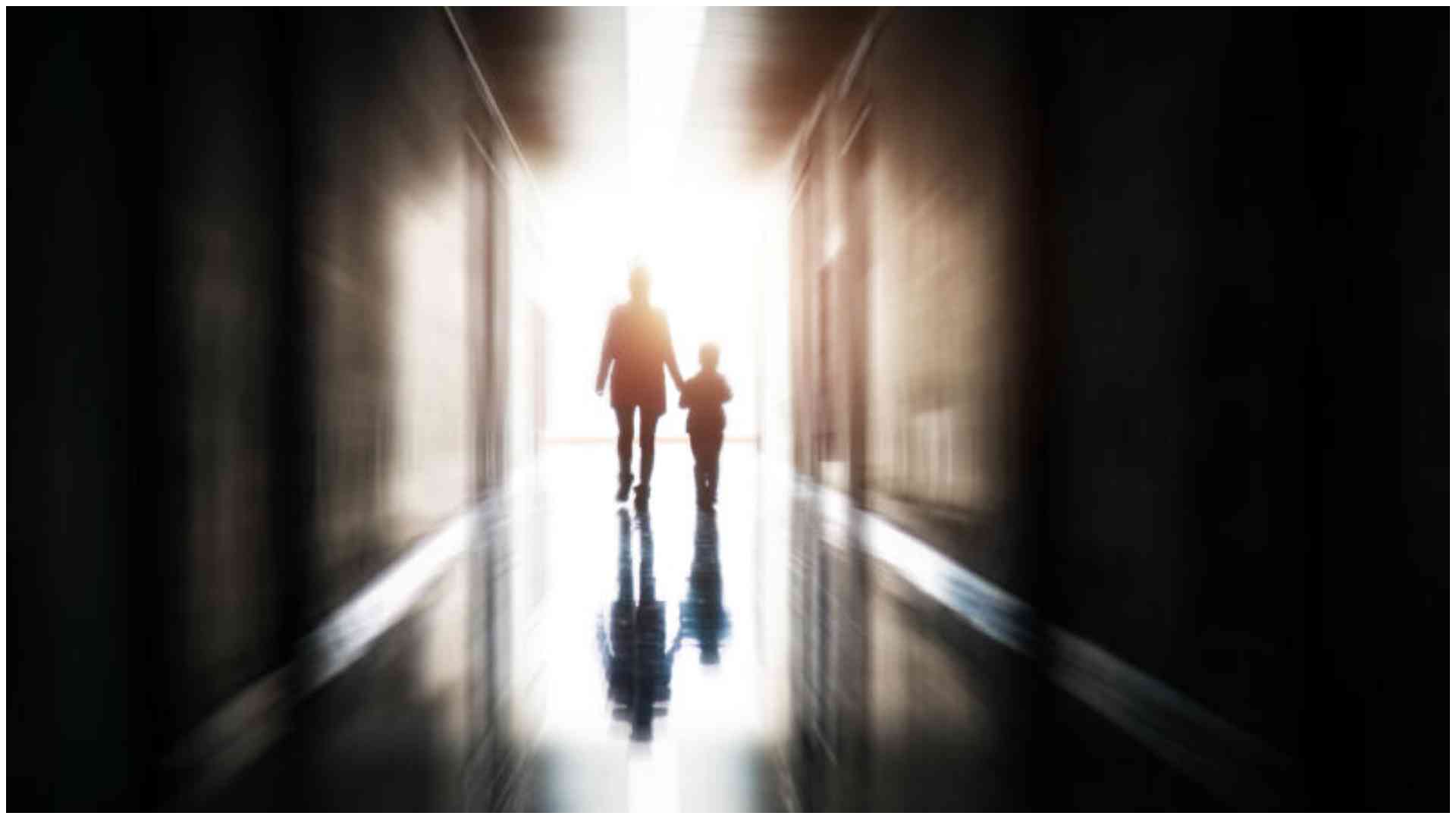×
The Standard e-Paper
Kenya’s Boldest Voice
Senegal, Ivory Coast, Sierra Leone and the Democratic Republic of the Congo have declared a state of emergency in an Africa gradually won by the coronavirus pandemic, which prompted South Africa to decide on a confinement.
Africa has so far been relatively spared by the pandemic: 2,137 cases, including 62 deaths, against more than 404,000 cases of contamination and more than 18,000 deaths in total on the planet, according to an assessment established by AFP from official sources Tuesday at 7:00 p.m. GMT.
